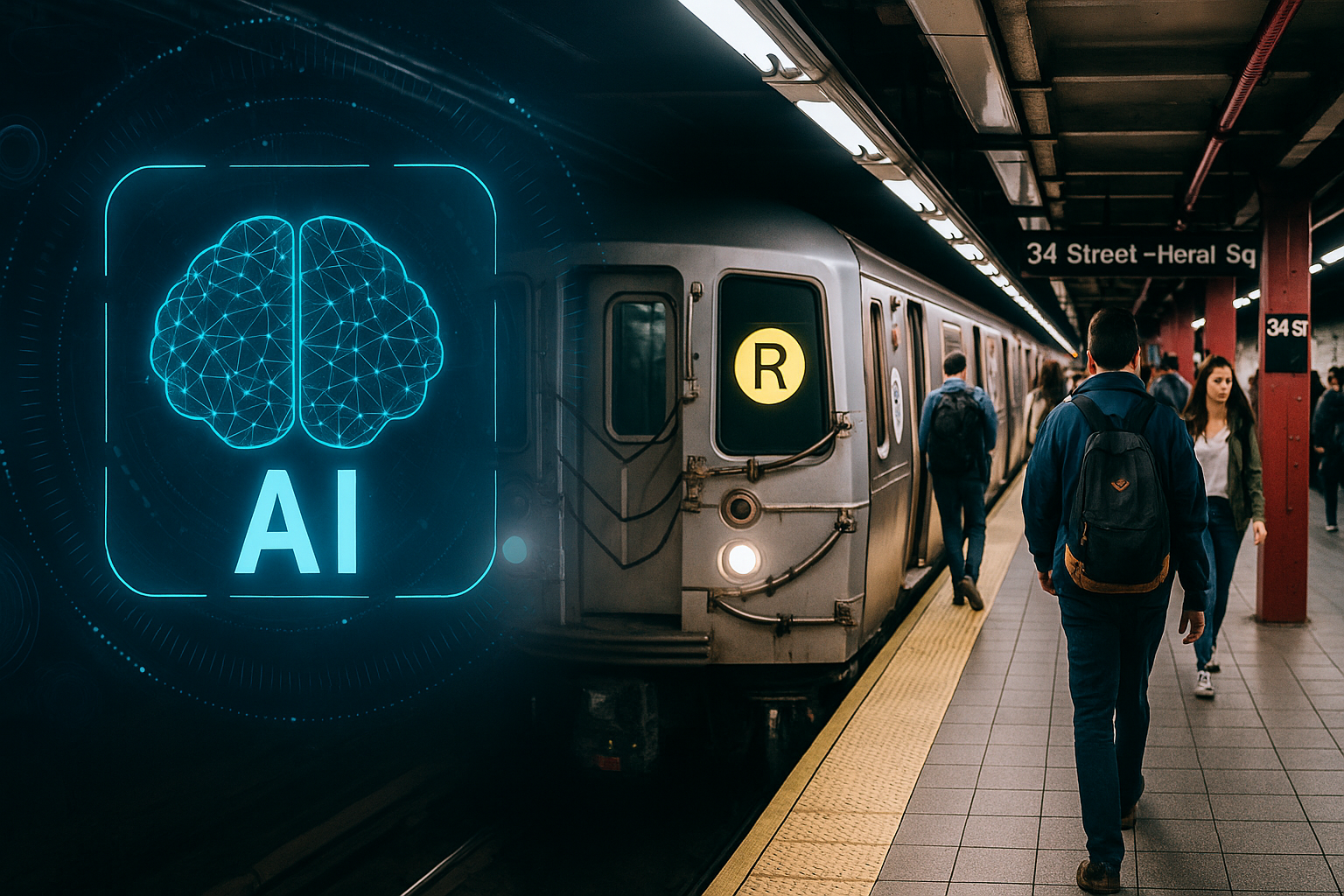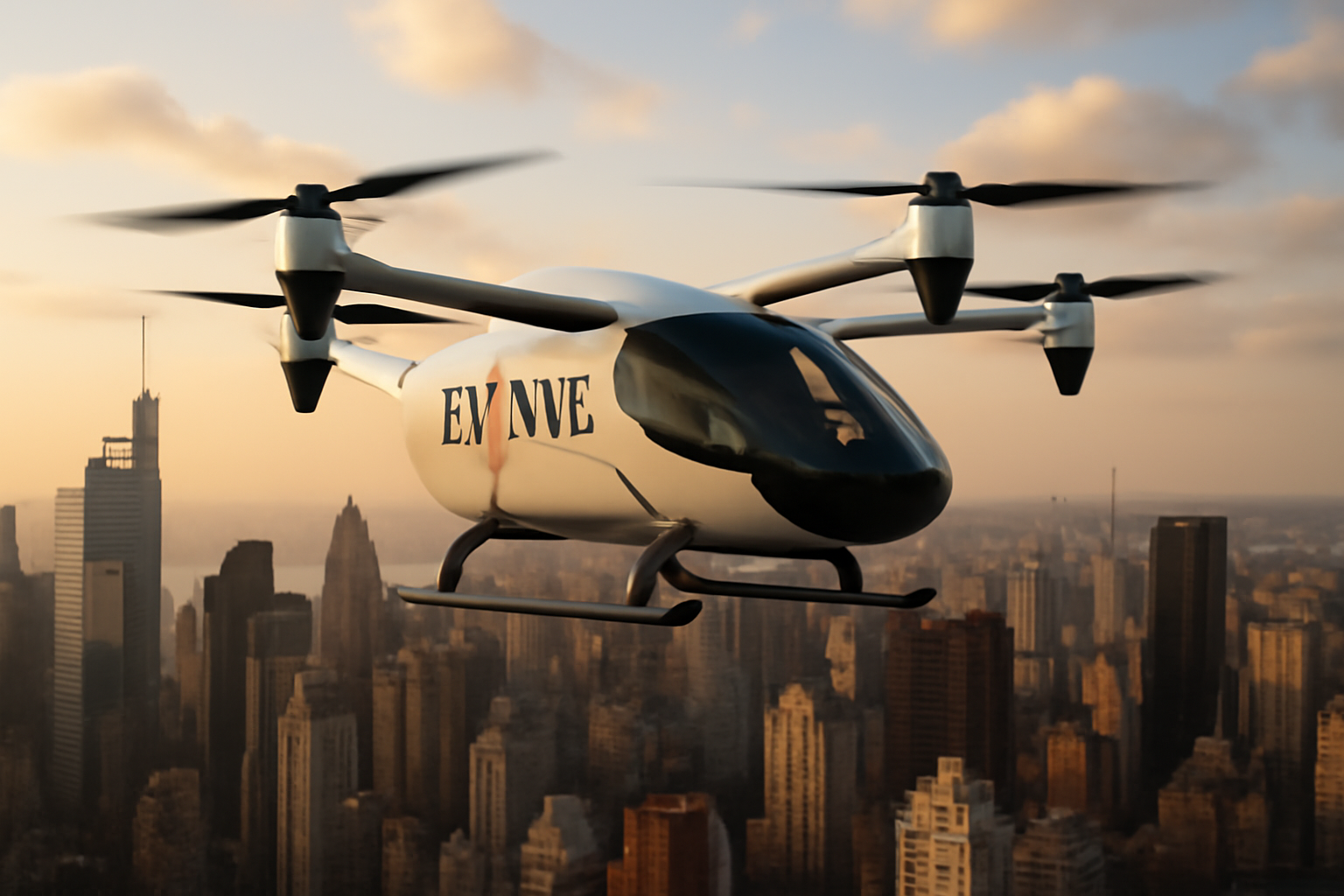New York City — May 2025
The Metropolitan Transportation Authority (MTA) has officially entered the era of artificial intelligence, unveiling a suite of smart technology upgrades aimed at transforming the way millions of New Yorkers move through the city each day.
From real-time congestion alerts to AI-powered train dispatching, the system now leverages predictive modeling to ease crowding, improve on-time performance, and even detect maintenance needs before breakdowns occur. Riders can access a redesigned app that learns their commuting patterns and provides personalized transit suggestions, complete with alternate route forecasting based on station traffic and train delays.
“It’s no longer just about trains running on time—it’s about using data to anticipate needs, optimize flow, and serve communities more equitably,” said MTA Chief Innovation Officer Talia Rivera.
Subway stations in underserved areas have also received upgrades, including multilingual AI assistants and accessibility navigation tailored for people with disabilities. Privacy advocates remain cautiously optimistic, urging transparency around the data being collected.
With daily ridership rebounding post-pandemic, the integration of artificial intelligence marks a major leap in the evolution of one of the world’s largest public transit systems.


